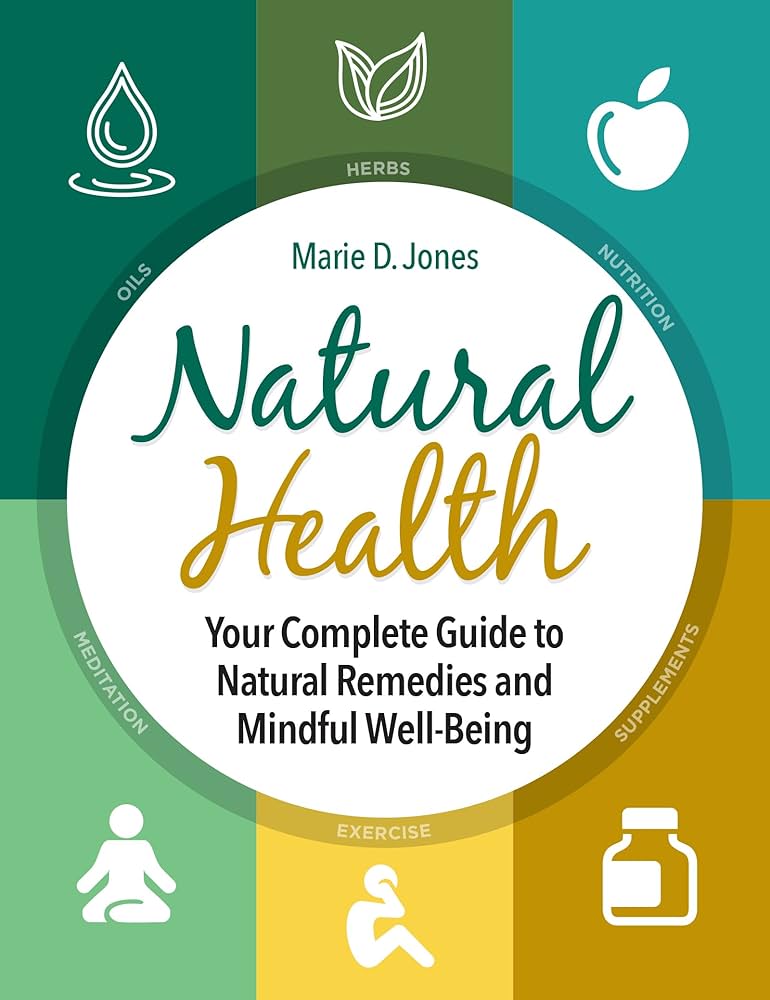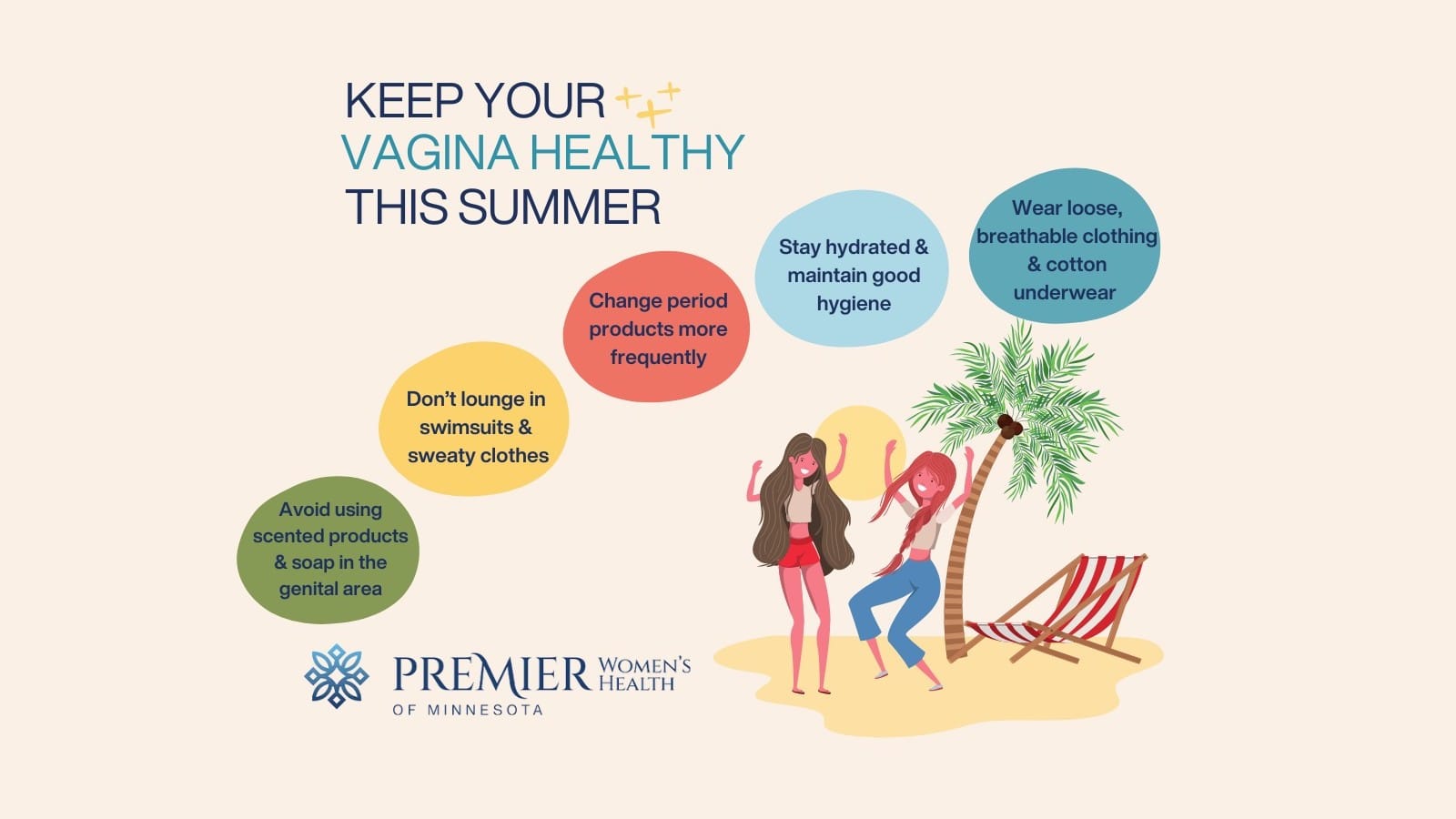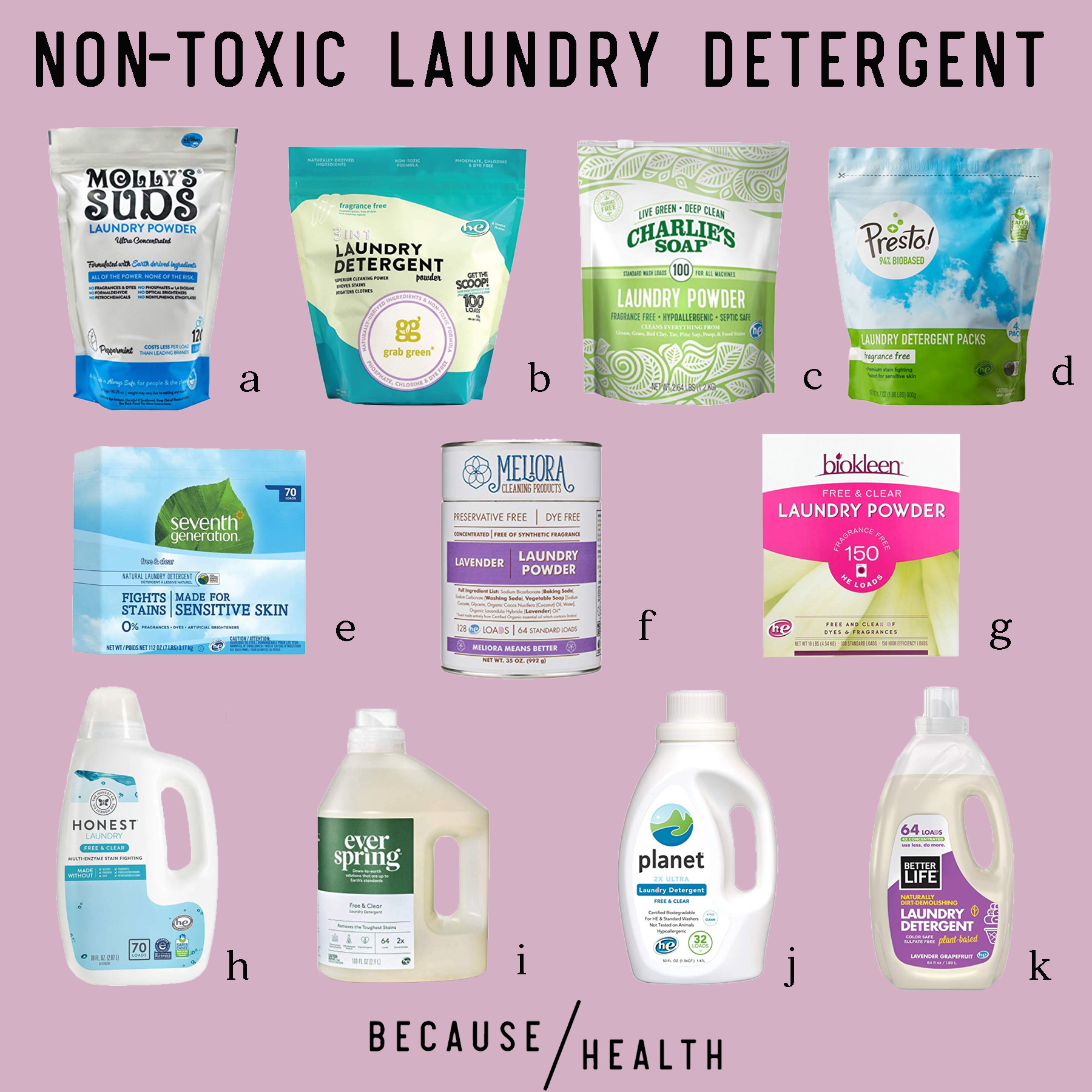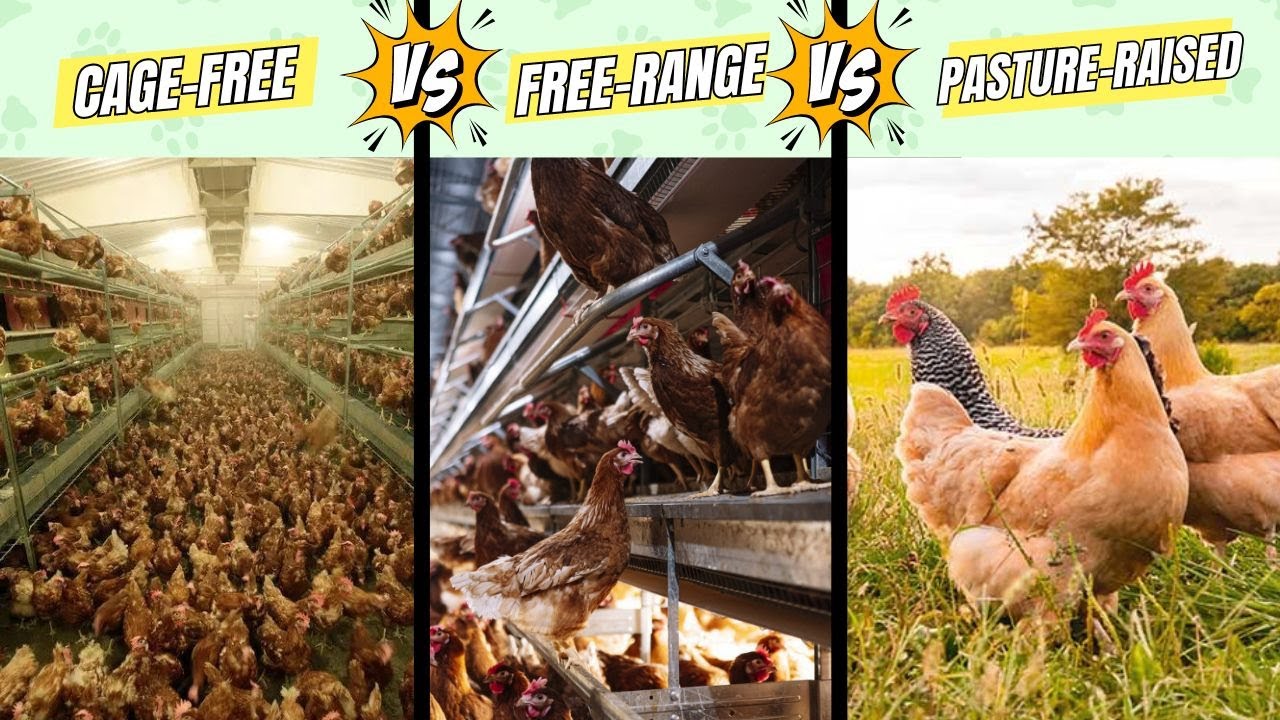When it comes to intimacy, the products we use can have a significant impact on our health and the environment. Your Guide to Natural, Toxin-Free Condoms for Truly Safe Sex seeks to educate consumers on making choices that are not only good for their bodies but also for the planet.
Understanding the composition and manufacturing practices behind the condoms we use is key to ensuring safety and pleasure go hand in hand. With a shift towards eco-consciousness, natural, toxin-free condoms have become an essential aspect of truly safe sex.
Are your condoms body-safe? A guide to non-toxic safe sex
The skin is our largest organ and absorbs substances it comes into contact with, making it crucial to understand what’s in your condoms. The alarming truth is that many conventional condoms are made with chemicals that can be harmful to your body.
When seeking body-safe condom brands, look for certifications and ingredient transparency. Natural latex, without harmful additives, should be your go-to material for a truly safe sexual experience.
Some brands, like Glyde and Maude, prioritize consumer health by eliminating risky chemicals and allergens from their products. This movement towards chemical-free intimacy products is not just a trend but a necessary shift in the sexual health industry.
What are non-toxic condoms and why are they important?
Non-toxic condoms are made from natural materials, free from harmful chemicals such as parabens, glycerin, and casein. These substances can lead to irritation or adverse health effects over time.

Eco-friendly condom brands often use sustainable practices and materials, such as natural latex or polyisoprene, ensuring that your pleasure does not come at the expense of your wellbeing or the environment.
Choosing non-toxic condoms is not only about personal health; it’s a larger commitment to ethical consumption. Brands like Bonjibon and LELO HEX demonstrate the possibility of combining pleasure, safety, and responsibility.
How to choose the best non-toxic condoms for your needs?
- Consider your skin’s sensitivity and any allergies you might have.
- Research the materials used in the condom’s construction, opting for natural latex or other body-safe alternatives.
- Look into the manufacturing processes to ensure ethical and sustainable practices.
- Read reviews and testimonials to gauge the condom’s performance and reliability.
What ingredients should you avoid in condoms?
When seeking the best natural condoms for sensitive skin, you should avoid certain ingredients commonly found in conventional condoms. Parabens, a group of synthetic preservatives, have been linked to hormonal disruptions and allergic reactions.
Glycerin, often used as a lubricant, can promote yeast infections, while casein, a dairy-derived protein, can trigger allergic responses. Always read the label to ensure that your condoms are free from such harmful substances.
What are the benefits of using natural condoms?
The benefits of using natural condoms extend beyond just health considerations. They provide peace of mind, knowing you’re choosing non-toxic condoms that are safe for both your body and your partner’s.
Additionally, natural condoms often offer a more realistic sensation, enhancing intimacy and connection. The lack of harsh chemicals also means a reduced risk of irritation and allergic reactions, making sex more comfortable and enjoyable.

How do vegan condoms compare with traditional options?
Vegan condoms are a testament to the growing demand for sustainable condom options. They do not contain animal products or byproducts, making them an ethical choice for those committed to animal welfare and a sustainable lifestyle.
These condoms often match or surpass the effectiveness and comfort of traditional options, providing a guilt-free pathway to pleasure. Vegan condom options prove that considerations for health, ethics, and the environment can coexist in the bedroom.
 Toxin-Free Face Paints for Kids – Here’s What You Should Know
Toxin-Free Face Paints for Kids – Here’s What You Should KnowWhat brands offer the best eco-friendly condoms?
Several brands have taken the lead in offering eco-friendly condoms that promote health and environmental sustainability. Glyde, renowned for its ethical manufacturing and high-quality ingredients, is a top contender.
Maude focuses on minimalist, safe, and inclusive products, emphasizing transparency and simplicity. Meanwhile, LOLA offers a subscription service, ensuring you never run out of your preferred, eco-conscious products.
Questions Related to Truly Safe Sex and Natural Condoms
What are the best non-toxic condoms?
The best non-toxic condoms are those that balance safety, sensitivity, and sustainability. Brands like Glyde and Maude are often recommended for their commitment to non-toxic materials and ethical manufacturing processes.
It’s important to look for certifications that back up these claims, such as FDA approval and fair trade sourcing, to ensure that you are truly getting a product that aligns with your values and health requirements.

Are natural condoms safe for sensitive skin?
Yes, natural condoms are generally considered safe for sensitive skin. They are designed to minimize the risk of irritation by forgoing harsh chemicals and potential allergens. Best natural condoms for sensitive skin are typically made from high-quality natural latex or hypoallergenic materials.
However, it’s always advisable to do a patch test or consult with a healthcare provider if you have a history of skin sensitivity or allergies to certain materials.
How do I know if my condoms are body-safe?
To ensure your condoms are body-safe, check the labeling for the absence of harmful substances such as parabens, glycerin, and nitrosamines. Brands that prioritize safety will be transparent about their ingredients and manufacturing processes.
Additionally, looking for condoms that meet or exceed international safety standards, such as those set by the WHO and FDA, can provide further assurance of their safety and efficacy.
What are the ingredients to avoid in condoms?
Key ingredients to avoid in condoms include parabens, glycerin, benzocaine, nonoxynol-9, and casein. These substances can cause adverse reactions or disrupt the body’s natural balance when used in intimate areas.
For a truly safe sex experience, select condoms that are free from these and other toxic ingredients, and instead opt for those that use safe, natural lubricants and materials.

What brands offer vegan condoms?
Several brands now offer vegan condoms as part of their commitment to sustainability and ethical consumerism. Glyde is celebrated for being one of the first brands to introduce certified vegan condoms, while newer brands like Maude and Bonjibon are following suit.
These brands ensure that no animal products are used in their condoms, catering to the needs of health-conscious and environmentally aware consumers who want to make responsible choices in all aspects of their lives.
In the midst of our exploration, let’s take a closer look at an informative video:
 Natural shampoos are better for healthy hair. Here’s what to look for.
Natural shampoos are better for healthy hair. Here’s what to look for.In summary, Your Guide to Natural, Toxin-Free Condoms for Truly Safe Sex not only illuminates the path to healthier sexual practices but also underscores the importance of informed choices. By selecting condoms that align with body-safe and eco-friendly values, we can protect our health and the environment, one intimate encounter at a time.





